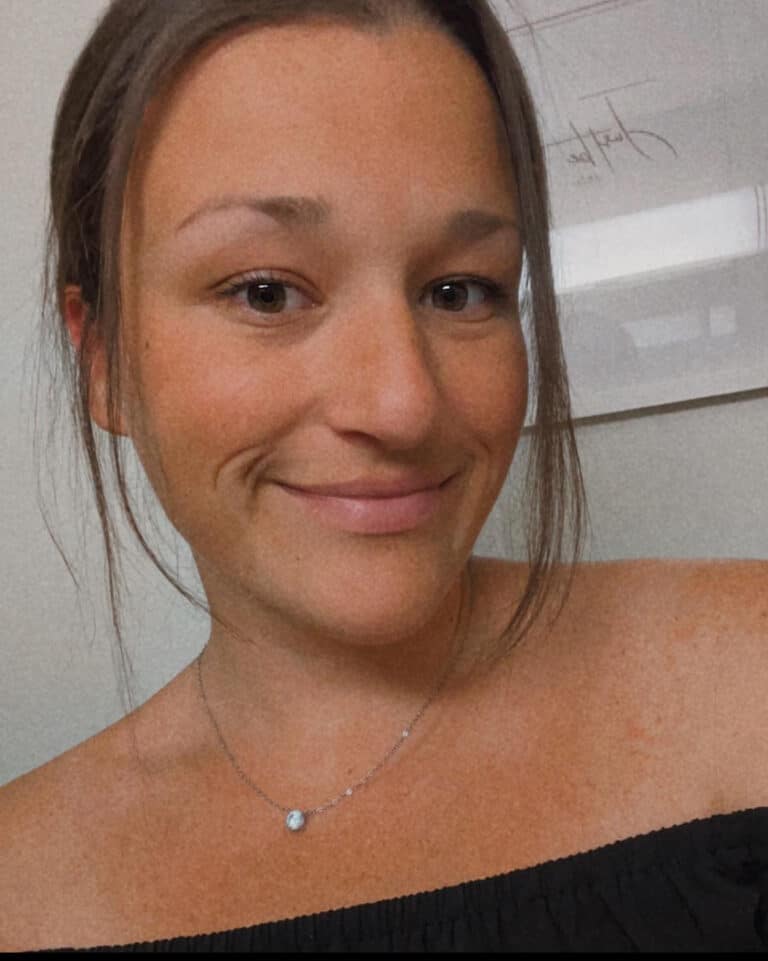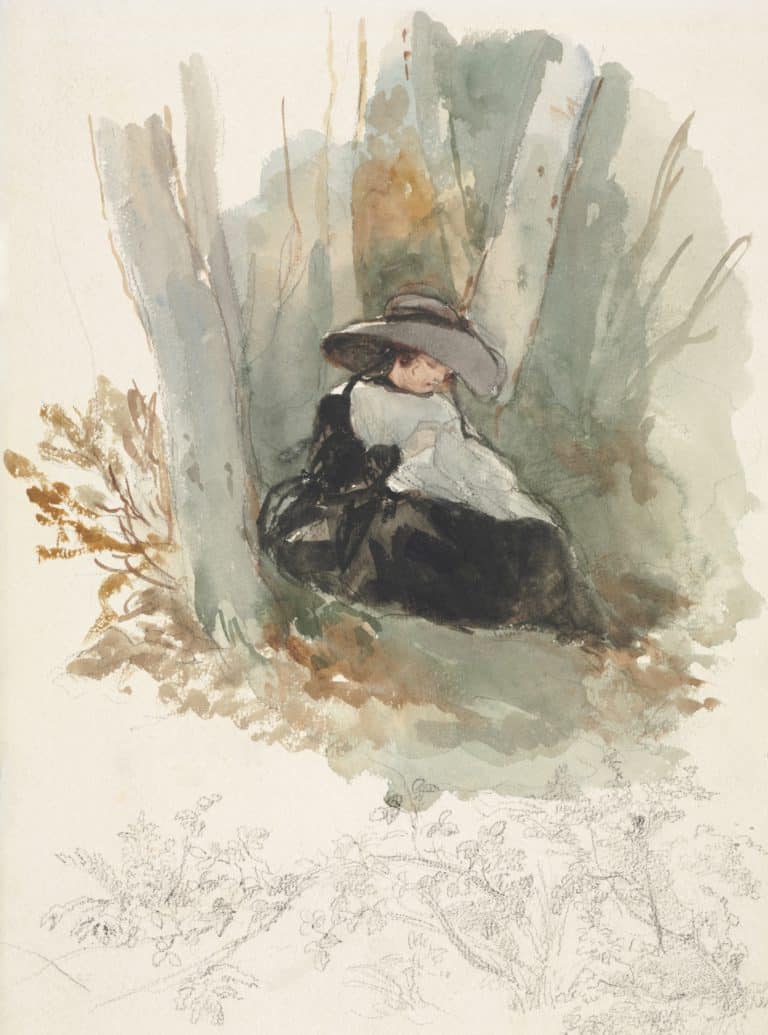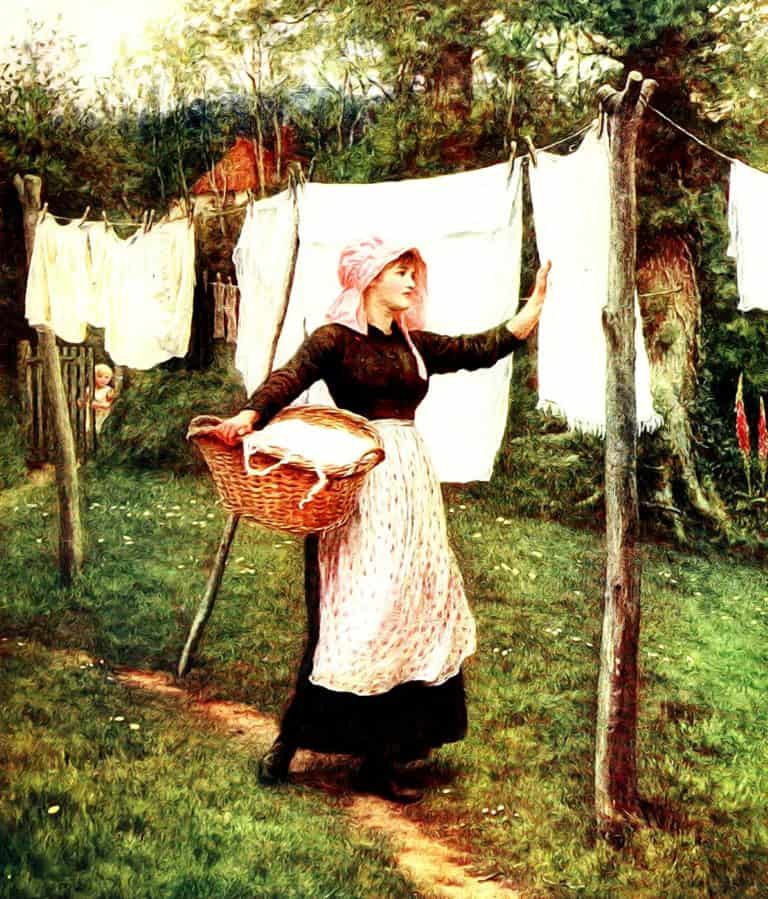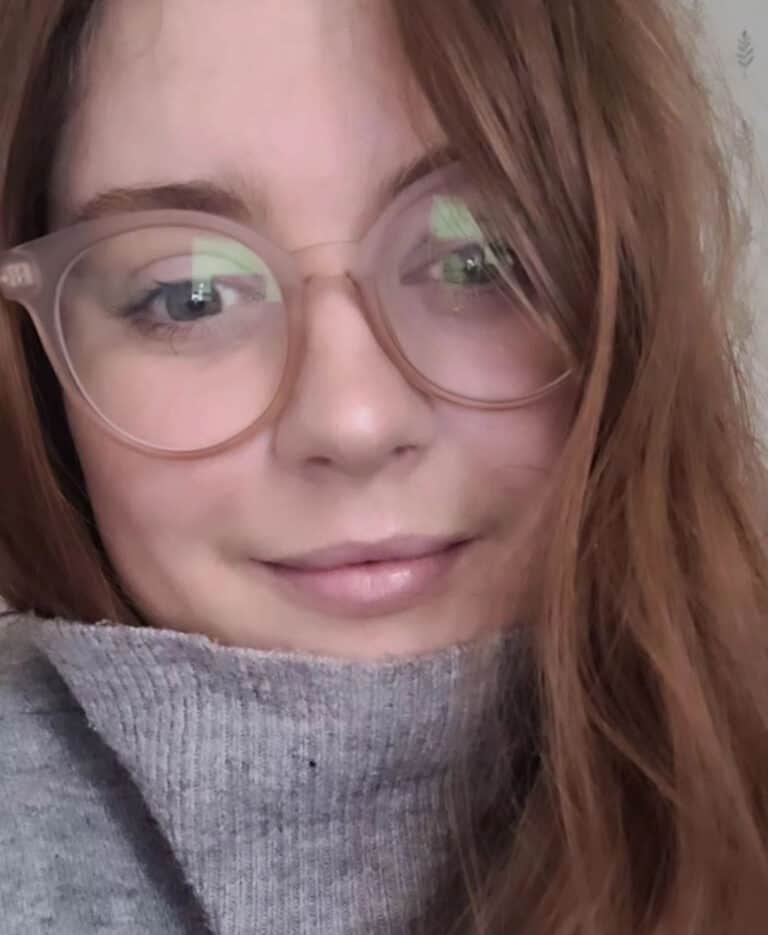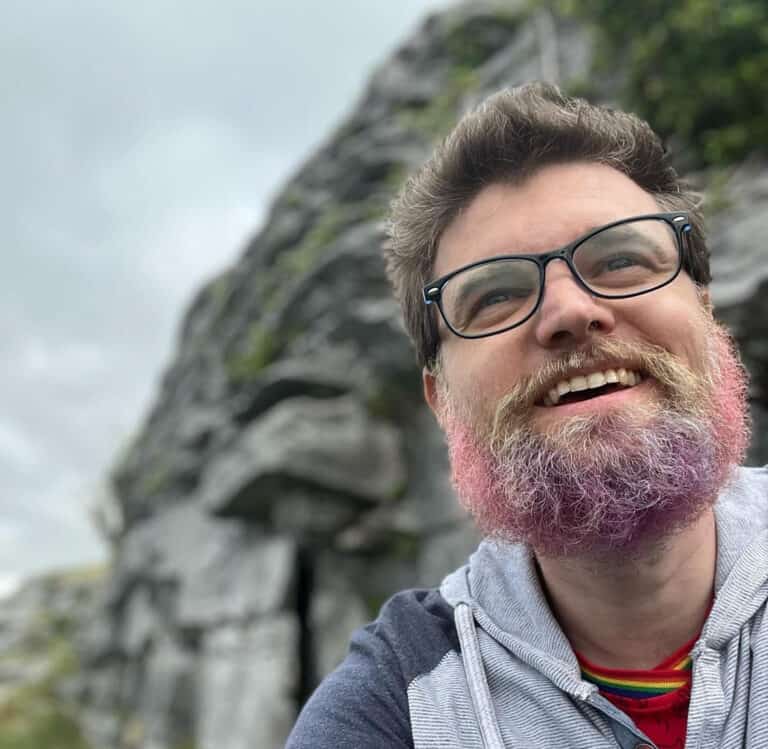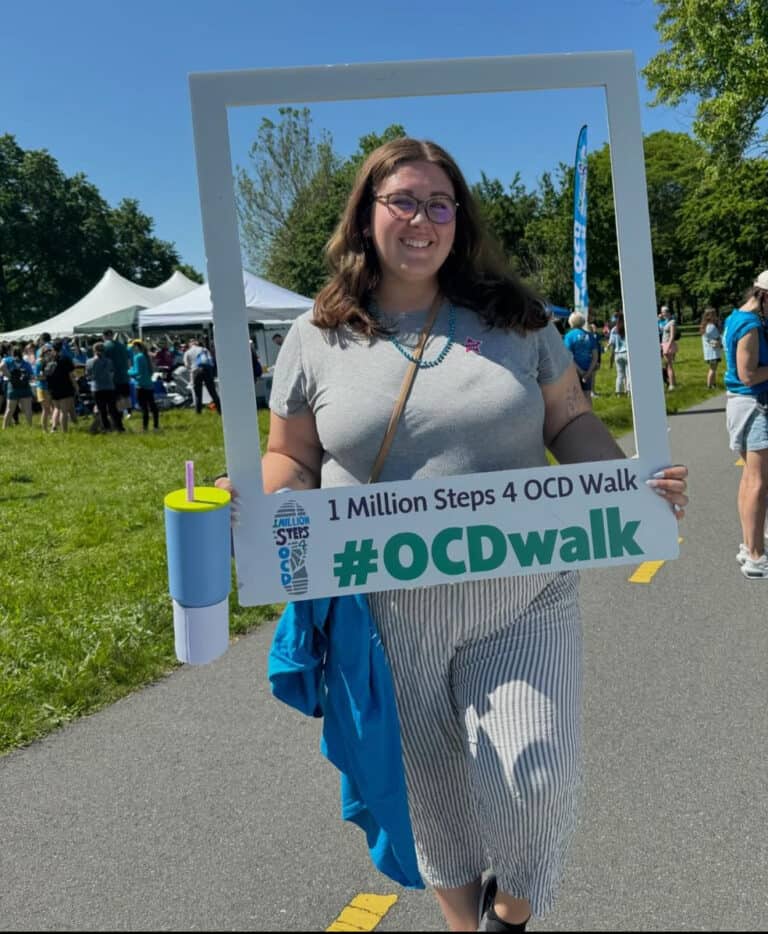The Origins of Your Taboo Fears Might Surprise You, They Surprised Me

My procrastination in completing this story is truly unparalleled. I’ve written countless pieces about OCD in my life. I dedicated every assignment, including the final shebang, in my doctoral program to writing about OCD. You’d think this would come easy to me.
However, I’ve sat at my computer vigorously typing, regretfully backspacing, audibly gasping while I mentally battled about the appropriate tone of vulnerability to convey.
I don’t believe my story is unique, and I’m unafraid of judgment at this point; however, I am concerned about the function of this unveiling. My hope is that it might enlighten someone on their own path, as we are all fellow travelers.
Well, heart pounding and full of doubt (it’s in the diagnosis), here goes nothing.
“Battling My Demons: A Personal Account of Living with OCD”
Everyone has their idiosyncrasies. And we all get a piece of the pain pie. My pain pie largely consists of the antics of Obsessive Compulsive Disorder (OCD).
If I could have it another way, I’d take more chocolate, please. Nonetheless, this is the hand I’ve been dealt; therefore, I try to make the best of it.
I wasn’t convinced that I had OCD when I was first diagnosed. To me, in the wake of my obsessions, OCD honestly seemed like a “too good to be true” explanation, as I was afraid that my dreaded fears were truly an indicator of who I was.
It wasn’t that I was ashamed to have OCD. It was rather that I was too afraid not to dismiss the validity of the thoughts, as something very bad would happen if I didn’t engage (classic).
I still doubt it sometimes, especially when I get myself stuck in an undesirable thought loop that shakes my stability. The irony of all this is not lost on me. I’m chuckling as I type this as I’m an OCD therapist with OCD.
I fear that not only am I possibly a fraud who falsely believes they have OCD, but that I might be misleading others.
Let’s just allow that to hang because, as you know if you are reading this (I assume you have a link to OCD if you are here), this thought will not respond to logic; therefore, why bother.
I was twenty-two when I was officially diagnosed. As I was attempting to learn how to guide others with mental health challenges in grad school, my mental health plummeted. I fell into an episode related to taboo identity fears and scrupulosity.
These were repeat offenders throughout my life with an onset of about 8 years old; little did I know it was OCD at the time.
I was preoccupied for hours daily about my morality, my true sense of “being saved” within my Christian faith, who I love and if I love them “enough,” my capacity to hurt others, and more.
A year into the reemerged obsessions, I decided to take advantage of the innumerable Reddit posts I consumed suggesting that my fear was OCD-oriented.
Divinely, I found an ex-Baptist preacher turned OCD therapist. What are the odds? This was incredible, as I would have been supremely skeptical about trusting strictly secular advice within the depths of my religious fears.
We dived into Exposure-Response Prevention (ERP). Well, he did. I was more interested in the kiddie pool. Of course, I avoided, compulsed constantly during exposures, and unfortunately delayed my recovery. But, as I’ve seen from the other side of the couch, that appears to just be how this goes.
About a year or so later, I could function again. I remember hearing redundantly, “this is not about beating OCD, this is about not caring about OCD.”
And luckily, I finally bought what he was putting down. Life was saturated again. I wasn’t disguising my suffering. OCD was, and likely always will be, a part of my processing, but the volume was turned down.
I’ve been asked to share more details about the content of my “taboo” fears. I’ve struggled with this request. I’d like to think that it isn’t that I’m afraid of vulnerability. But, perhaps that is a bit of it. However, I prefer saving those specifics for a conversation setting.
The only conversation I’m having right now is with my laptop, and it’s just not giving the appropriate intimate and safe ambiance. Ask me in person, and I’ll likely tell you. Maybe one day I’ll change my mind. But I’m going to keep that off the sensationalized internet for now. I hope this is not interpreted as shame justification.
Don’t hang your hat on taboo thoughts, they don’t define you. Although it is beautiful to be vulnerable, I am also learning the importance of privacy. And they don’t have to be mutually exclusive.
“Motherhood and OCD: The Evolution of My Perspective through RF-ERP Training”

Fast-forward to a little over a year ago. I welcomed my first baby girl. It’s everything that everyone tells you. Amazing and terrifying.
When you become a parent, your brain maps to your budding child’s brain, alerting you to their experience, specifically distress. Neural Pathways are created and intensified, an amazing adaptation to ensure safety and connection of infants.
Unsurprisingly, OCD resurfaced. I was in Dr. Michael Greenberg’s (phenomenal) Rumination-Focused ERP (RF-ERP) training. His views contrasted my “purist” ERP philosophy and shook up the narrative I believed in understanding my own OCD.
I began to question whether my fears were simply random and irrelevant, as I was previously oriented to believing.
Although this resulted in a backslid into old obsessions, this episode was critical to evolving the conceptualization of my OCD (and others).
I’m certainly not suggesting that one’s taboo fears are a reflection of who they are and their true desires/identities. But, I do believe they offer potent symbolism.
“OCD Recovery: Unraveling the Bonds of Attachment and Self-Insight”
As a result of returning to therapy at Dr. Greenberg’s practice, I’ve derived a more wholesome understanding of why my brain hosts those peculiar obsessions.
I’ve realized that I relapse when my connection to my near and dearest appears fragile. This is not always abundantly clear to me and sometimes only a gift of hindsight. And, occasionally, I am still very much in the weeds.
Yet, knowing that my taboo fears are simply a distraction from the fear of losing attachment, I can respond functionally and begin to disengage from compulsive activity, reducing the entanglement of obsessions.
All to say, I think recovery is both: behavioral (especially mental) changes AND cultivating insight into you within your context (and perhaps especially your mentally chronicled context).
“Embracing Hope and Healing: A Message of Encouragement for Those Battling OCD”
In closing, my dear one who is struggling, please know that hope is alive. You can and will get better. OCD is a disorder of compulsions and avoidance, and effective treatment is available.
Further, you might be surprised by what you find underneath your compulsions. Our brains are incredible machinery, and sometimes they get stuck, especially around pain.
Disclaimer: I believe my recent insight-oriented success was bolstered by my past ERP and my developed skills on how to properly cease rumination.
I do not believe insight can be afforded if one is relentlessly ruminating. This is the challenge at hand! So, thank you endlessly Dr. Greenberg and your stellar team. Godspeed.
